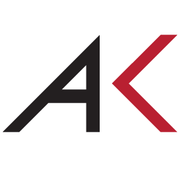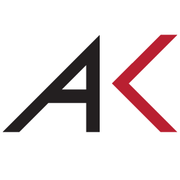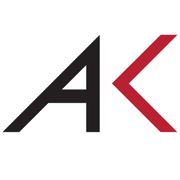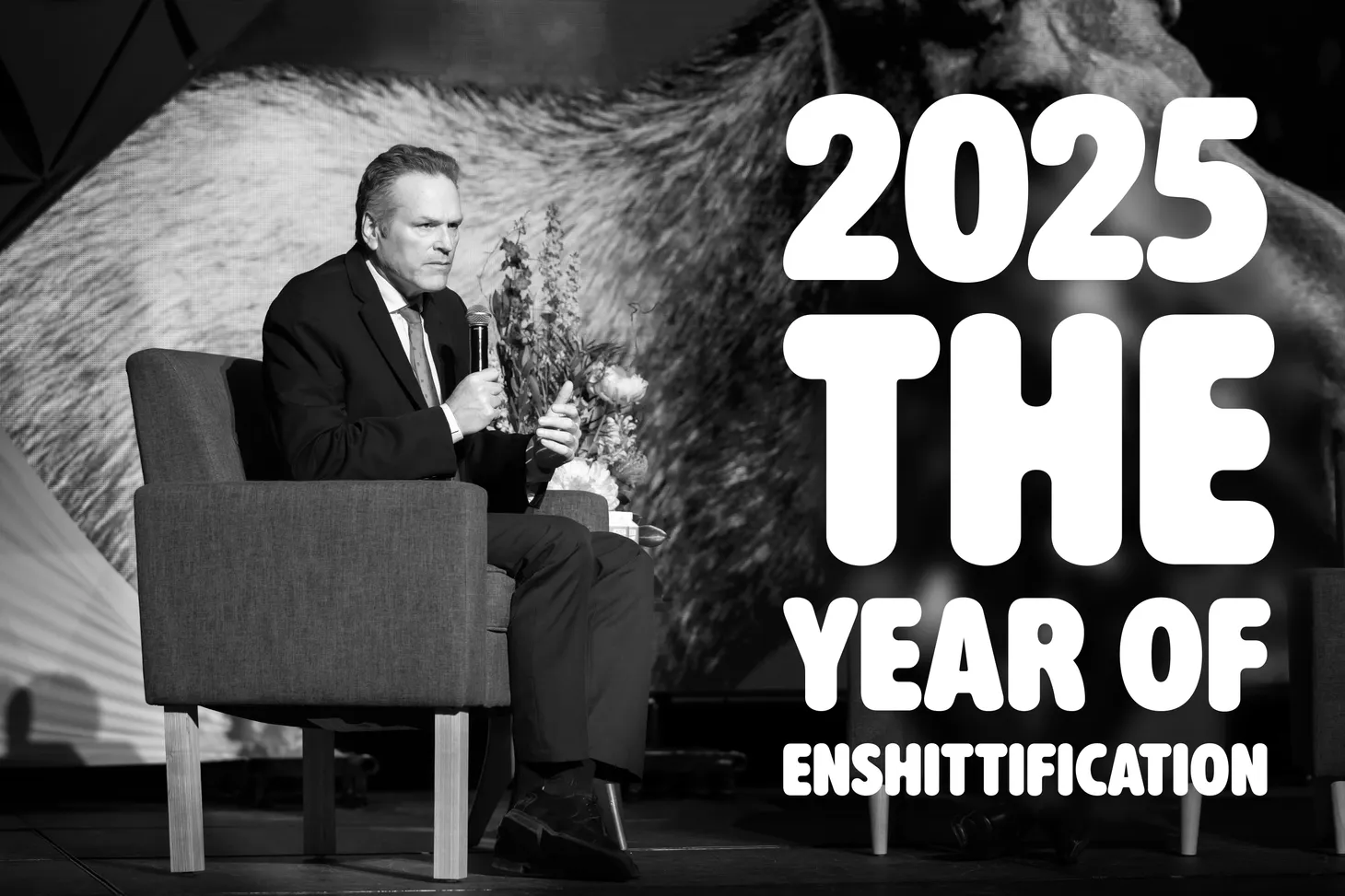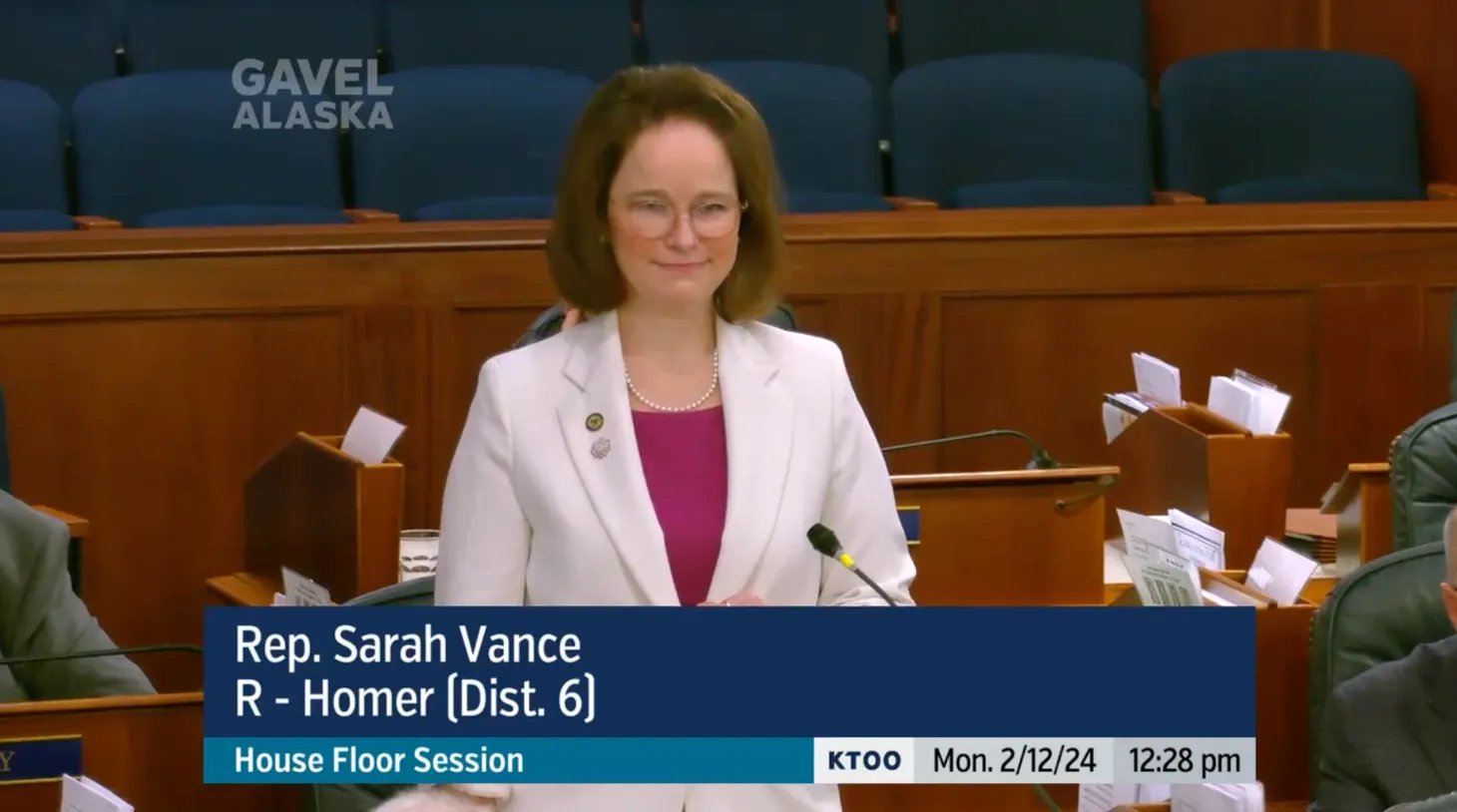Dunleavy and the Terrible, Horrible, No Good, Very Bad Special Session
The session would have been a humiliating disaster for most governors, had it not been for the low expectations set by the last seven years of the Dunleavy administration.
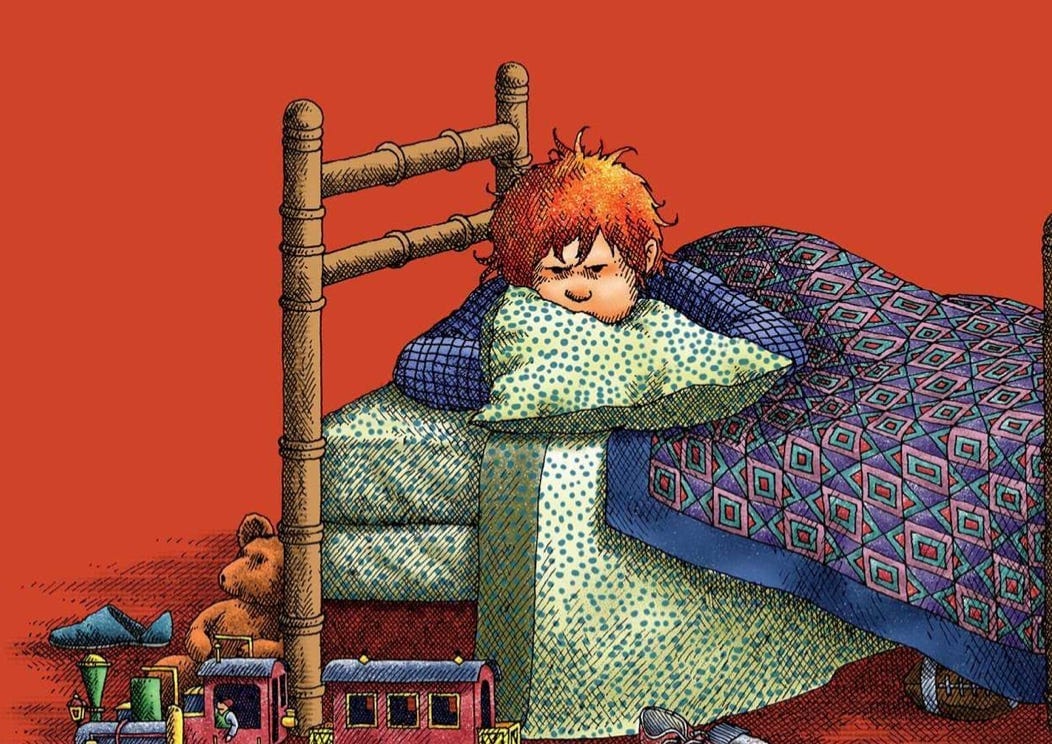
Hello, Alaska! It's Friday!
In this week's edition: The clock will run out on Gov. Mike Dunleavy's special session this weekend without legislators even going through the motions of giving his agenda a perfunctory look. Having lost leverage after a bipartisan coalition of legislators overrode his veto of K-12 funding, the governor, by all accounts, gave up on the session too; yet, it sounds like he's considering another round. In the meantime, let's unpack the damage Dunleavy and other Republican states are doing to the school-choice agenda. Also, the reading list and weekend watching.
Current mood: 🌧️💨
Dunleavy and the Terrible, Horrible, No Good, Very Bad Special Session
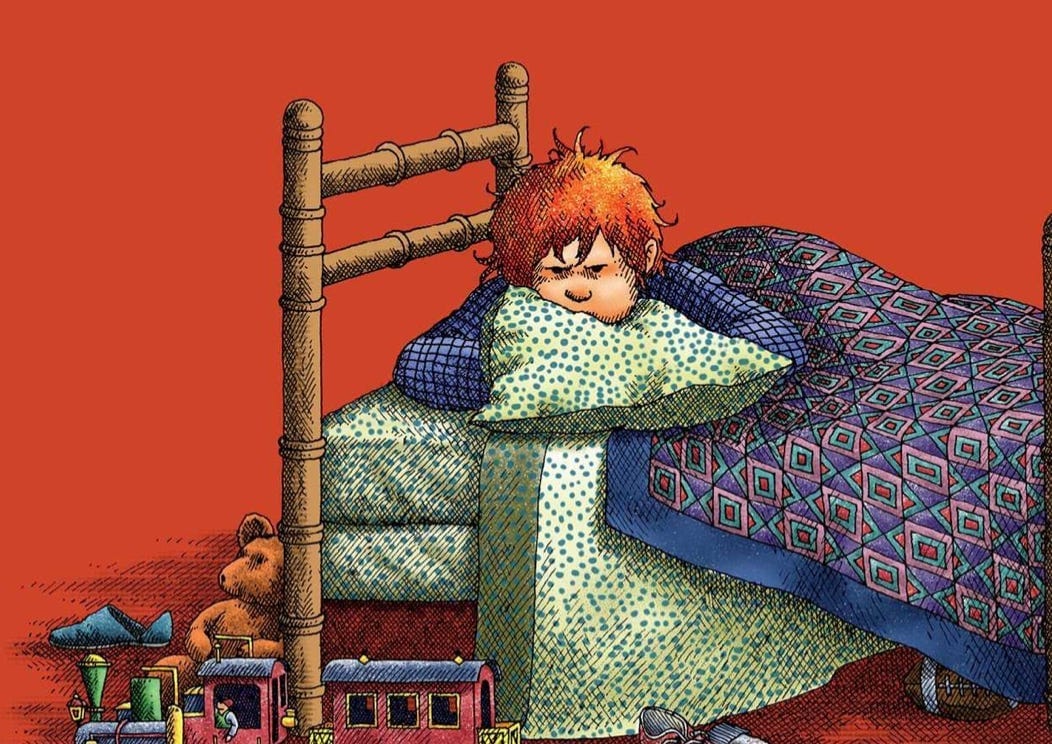
Alaska Gov. Mike Dunleavy's special session — ostensibly called to make another push in his effort to pseudo-privatize public education and not at all to force veto override votes when the Legislature was shorthanded — is set to expire on Sunday. His schoolyard-bully tactics unsurprisingly fell flat with a Legislature that has been increasingly willing to stand up against him. In the end, the governor got nothing out of it but two stinging veto overrides that restored $50 million in K-12 funding he had hoped to leverage and enacted a bill seeking to get to the bottom of the administration's suspicious handling of oil tax collection.
Wary about him wasting more time and resources by calling another special session, legislators left the session open for the last month without meeting.
The session, in many ways, encapsulates everything about where Dunleavy's fraught relationship with the Legislature stands as he enters his final year in office. High on the notion of Alaska's strong executive, the governor has shown little interest or ability to negotiate and compromise with the Legislature during his terms. Instead, he has increasingly turned to settling scores with his veto pen, as legislators seem to have turned to treating him like a toddler having a tantrum. His my-way-or-the-highway approach — particularly surrounding education policy — has frustrated even once-sympathetic Republicans who seem sincerely interested in making meaningful changes and understand that funding is, in fact, a problem.
And it doesn't help that, beyond the occasional finger-wagging social media post, the governor reportedly made no meaningful efforts to advance his agenda over the last month. There were no conversations with leadership about the direction of the session, and earnest policy questions about his agenda went unanswered.
The session would have been a humiliating disaster for most governors, had it not been for the low expectations set by the last seven years of the Dunleavy administration.
And yet, it looks like Dunleavy is considering another round.
“We’re having a discussion, I’ll let you know,” he said on Wednesday, according to KTOO reporting, when asked about a second special session.
The definition of insanity
Unless he's willing to make a change in his policy demands or at least make an earnest attempt to win over skeptical legislators with more than a cherry-picked study and some name-calling, it will be another pointless endeavor. In fact, the more he pushes and demands, the worse his position has become.
While Dunleavy and other Republican states have pushed for the privatization or pseudo-privatization of public schooling under the banner of parent-choice, whether through vouchers, open enrollment, or wink-and-a-nod homeschool allotments that can be spent with little oversight and less accountability, the facts are building against their case that it's a panacea for what ails public education.
The key issue, as I've written about before, is that the Republican fixation on parent-choice in education is, effectively, promoting choice for parents who have the time, resources and interest in taking advantage of the choice. Research suggests that the claimed sterling performance of Alaska's charter programs is more a function of their selective enrollment than the programs themselves. If the goal is to improve education for all students, the results don't reflect that.
The story is the same across the country.
In North Carolina's first year under a voucher program, 90% of the voucher recipients were already attending private schools. There, it didn't meaningfully increase school choice but simply subsidized the lifestyles of families that already had the means. In Arizona, there are resources to coach families on how to use their school-choice scholarships to fund vacations. Research hasn't been complimentary, either, with one study finding school-choice programs had the effect of segregating students, even if parents weren't factoring race into their schooling decisions.
As progressive education commentator Peter Greene wrote in a recent op-ed, the fixation on school choice ignores the fact that these choices are out of reach for the vast majority of students. And if they aren't serving all students, which is ostensibly the goal of public education, then what are we doing?
"The evidence is clear: Vouchers are being used primarily by wealthy families that did not enroll their children in the public school system to begin with. At the same time, top private schools remain financially out of reach for many despite the voucher program, and these schools can pick and choose which students they will accept. And charter schools, while legally classified as public schools, are also selective and serve only a small portion of students in a community," he wrote.
"Meanwhile, 83 percent of U.S. students are still in traditional public schools. Too many students who are not in the public system have found themselves in substandard pop-up private schools or in troubled charter schools. And in too many districts, school choice is draining resources from the public schools, leaving students 'trapped' in schools that face mounting obstacles in effectively serving students."
While Dunleavy and his Republicans argue that reforms are more important than the funding, they haven't been particularly open-minded about what those reforms look like. For his part, Greene argues that there's more to school choice than just vouchers and charter schools, such as equitable funding, truly open enrollment for school-choice programs, and, perhaps most interestingly, the emerging "community school" model, where schools are more closely integrated into the needs of their neighborhood. This report highlights a range of ways that schools can improve metrics, such as educational outcomes and attendance, by actually listening to the needs of their communities. This includes offering services such as food pantries and safer transportation through initiatives like street lights or volunteer chaperones for walking students.
These efforts look beyond the rhetoric around "parental choice good" because they are actually working to meet the needs of students where they are, rather than offering them an exit into a wild west of lightly regulated programs.
These are all questions a new legislative panel, which met for the first time this week, should be exploring as it embarks on an 18-month plan to come up with an overhaul of public education funding in the state (a mission that conspicuously will wrap up after Dunleavy is out of office).
One of the big claims I'd like to see examined is how much of the boom in homeschool enrollment is driven by students "escaping" their troubled brick-and-mortar schools, and how many are actually like the families of Reps. Justin Ruffridge, Sarah Vance and Will Stapp, who all said in 2024 that they used the allotments to cover their kids' extracurriculars.
Stay tuned.
The reading list
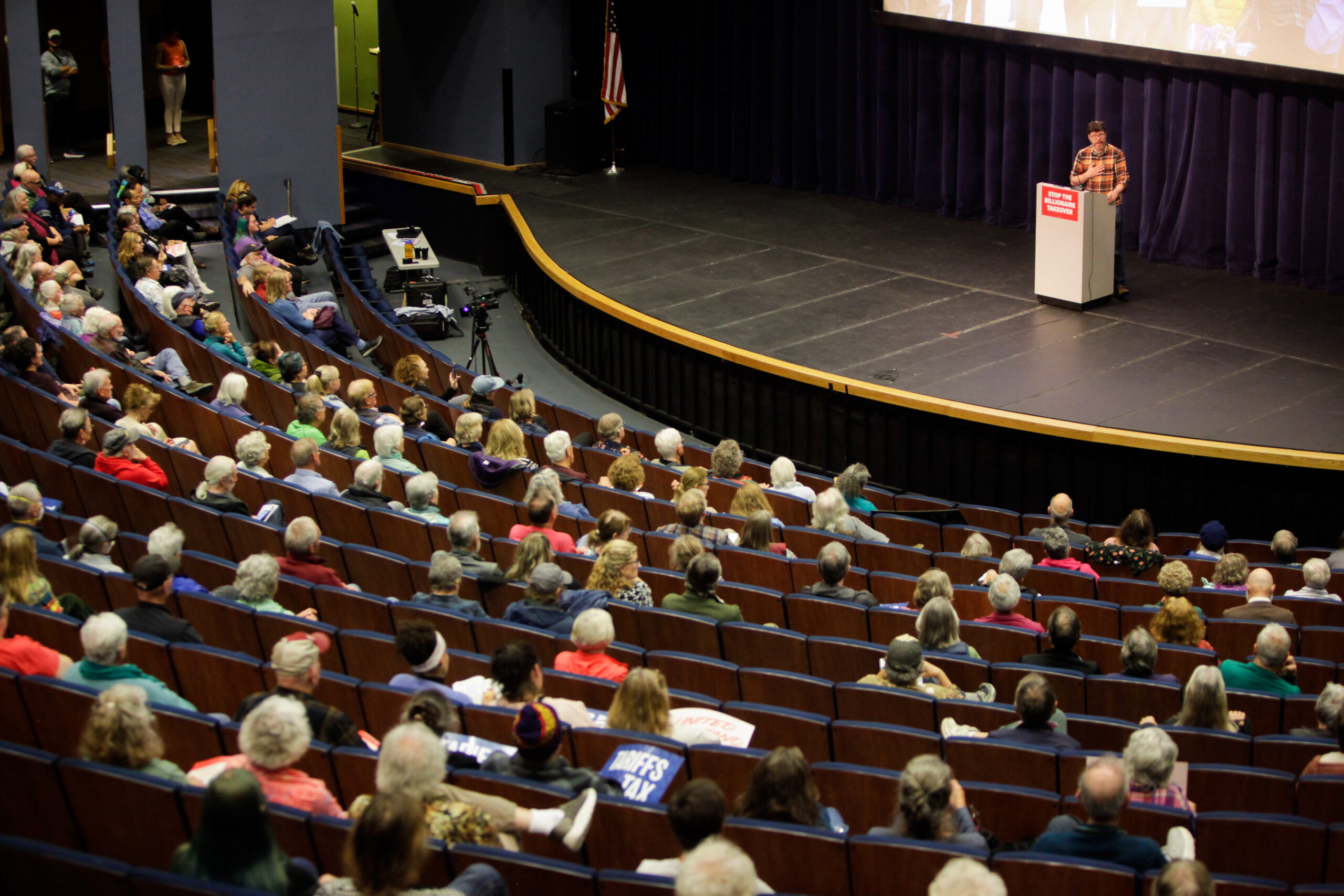
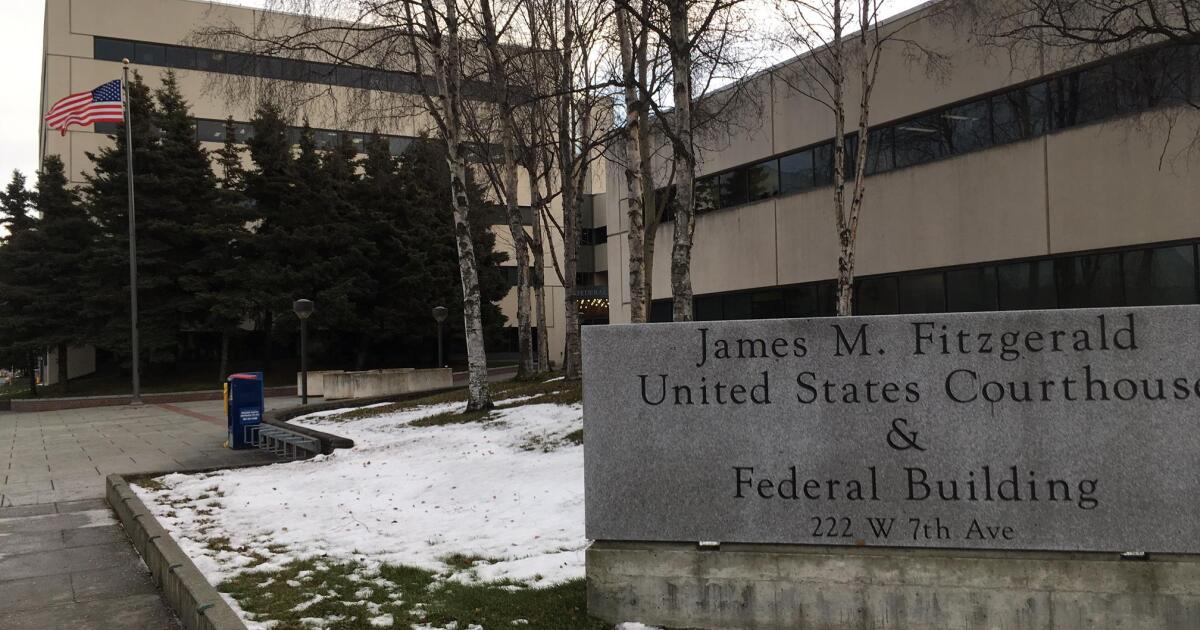
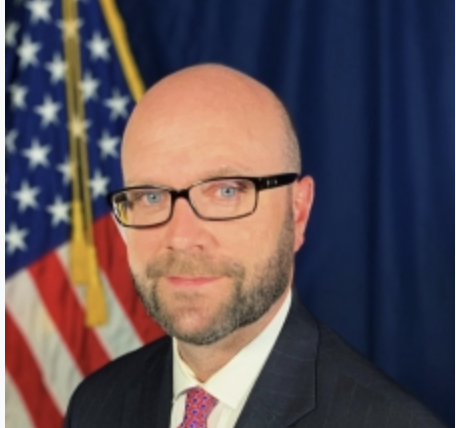
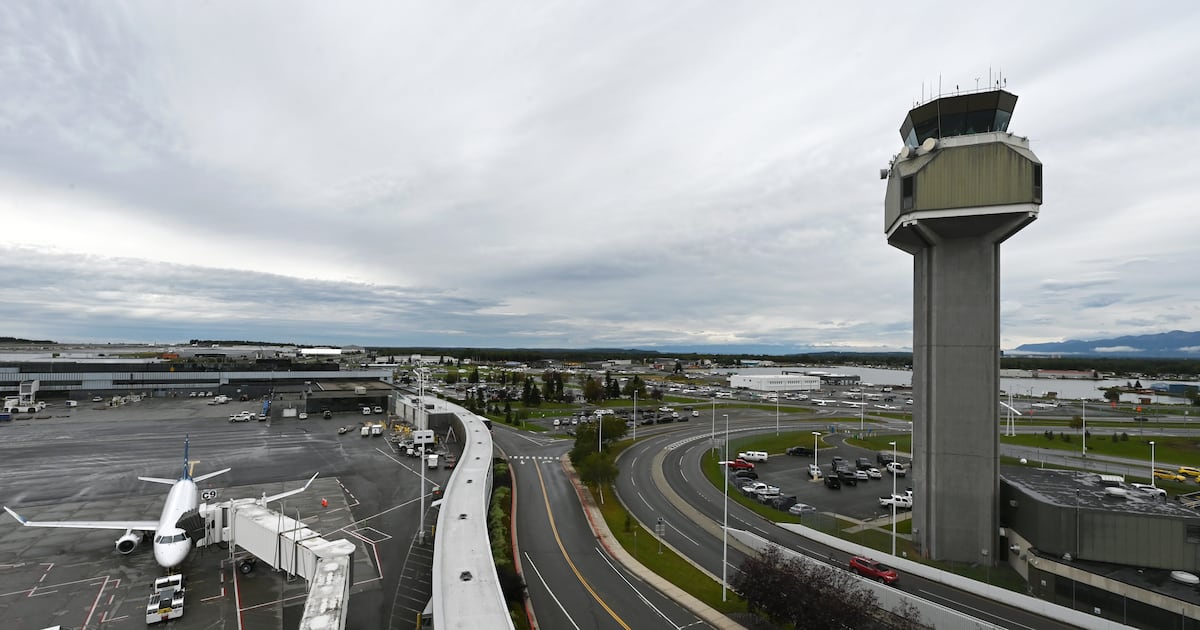

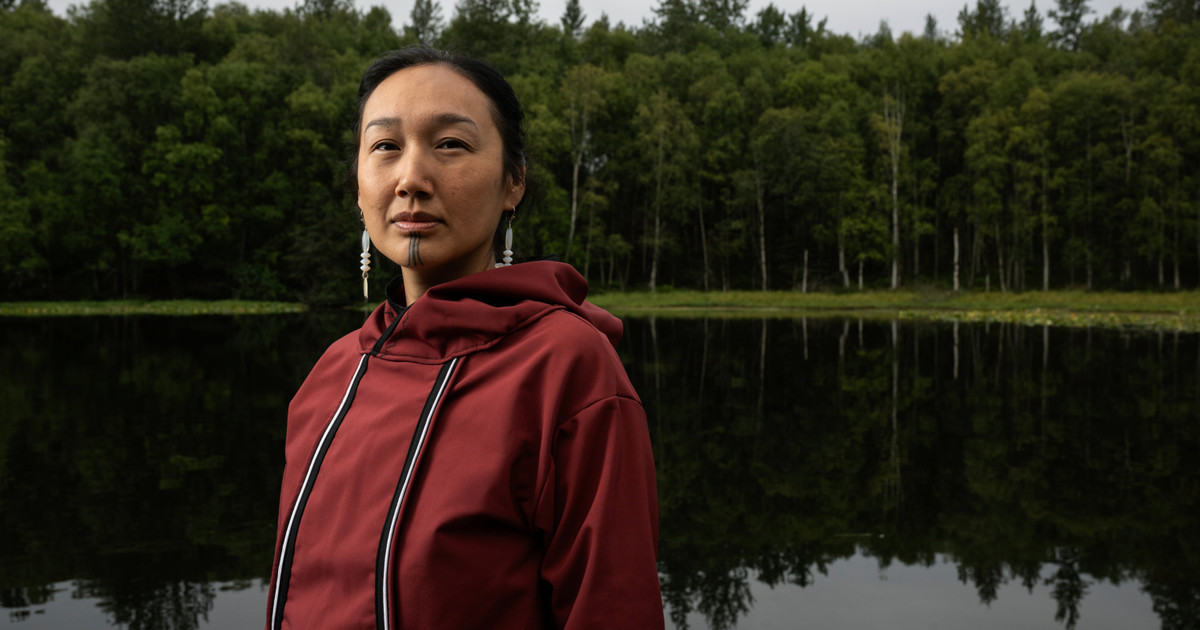
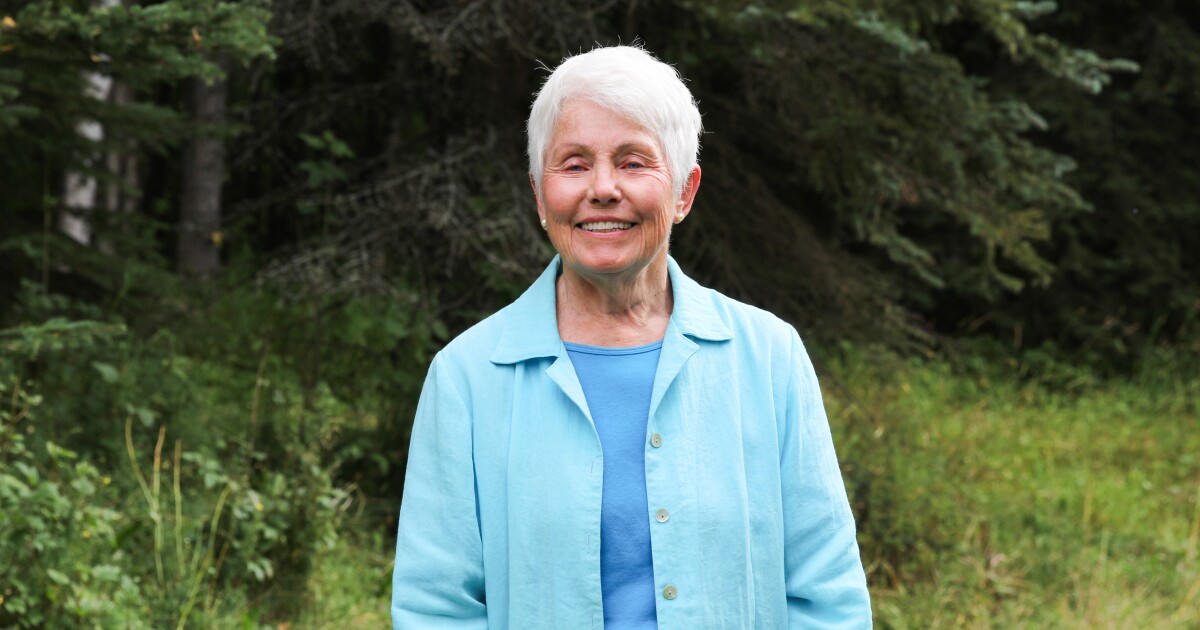
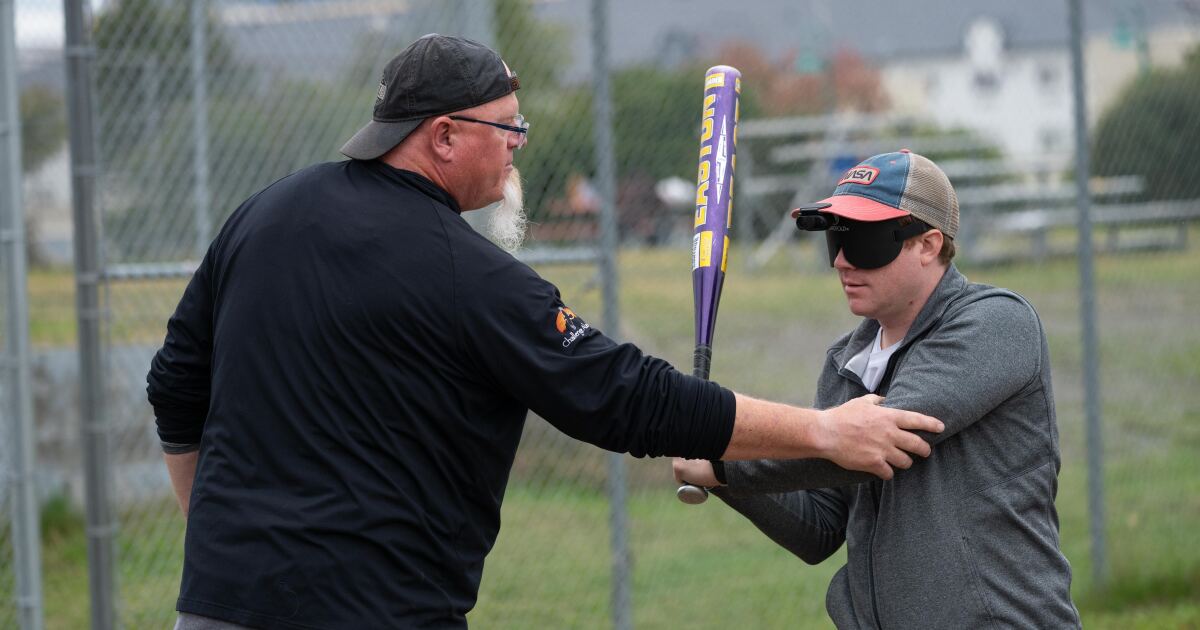
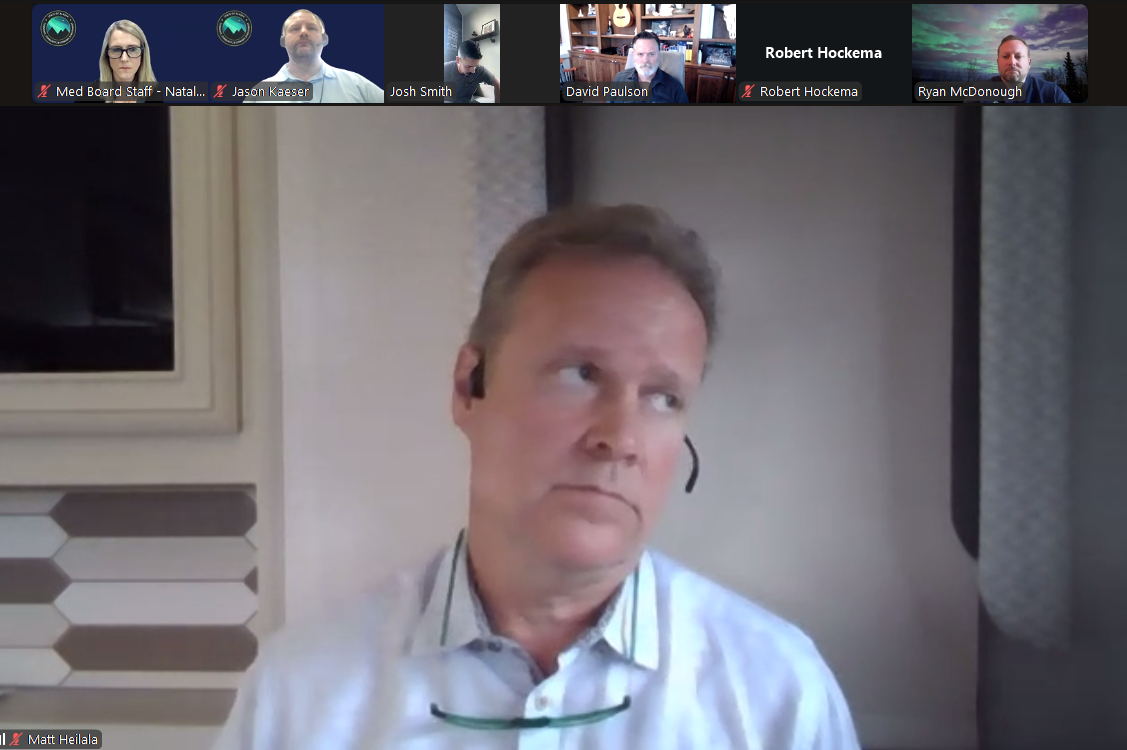
Weekend watching
For me, this has been the summer of mountain biking (and, on occasion, mountain-bike crashing) after seeing how far biking has come in the last five years. Dropper posts and one-by gear trains rock! But also a big salute to the pioneers.
Have a nice weekend, y'all.
The Alaska Memo Newsletter
Join the newsletter to receive the latest updates in your inbox.


